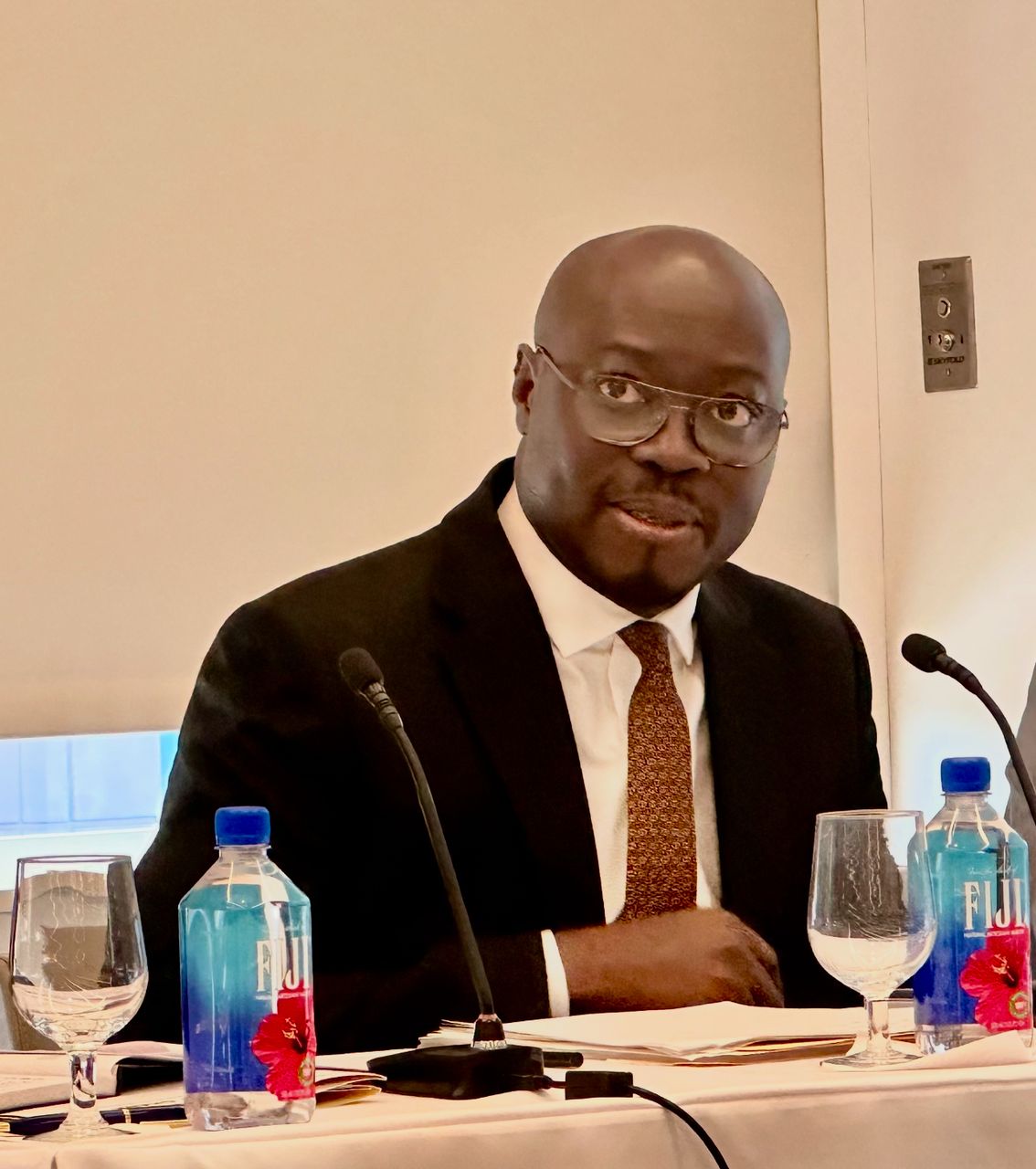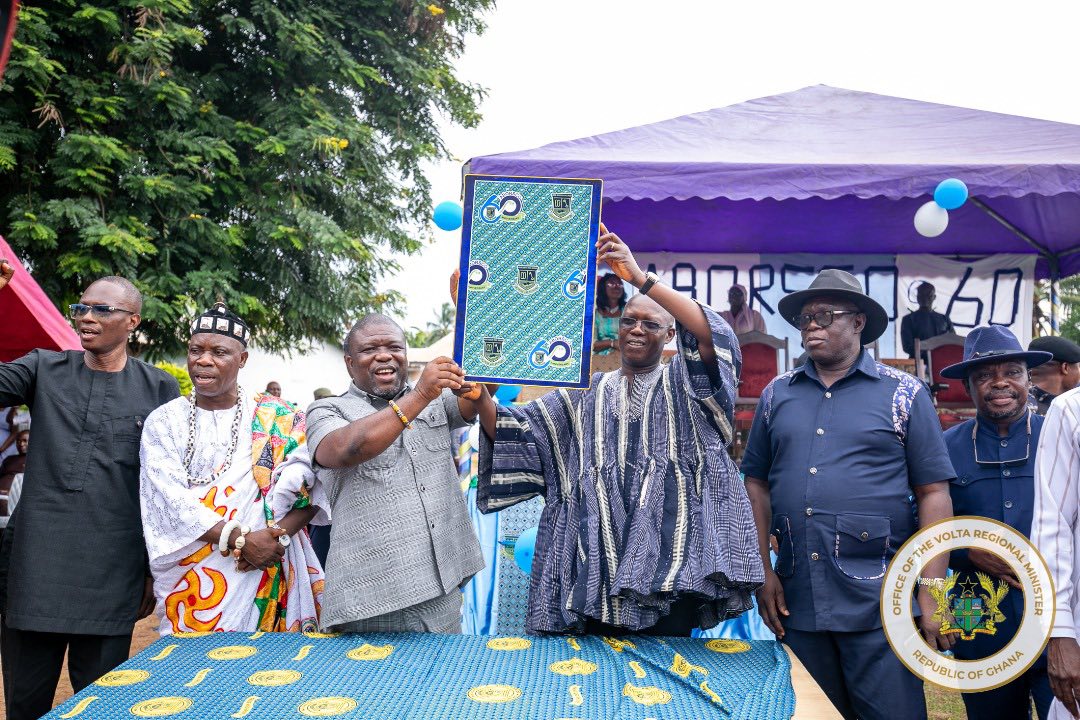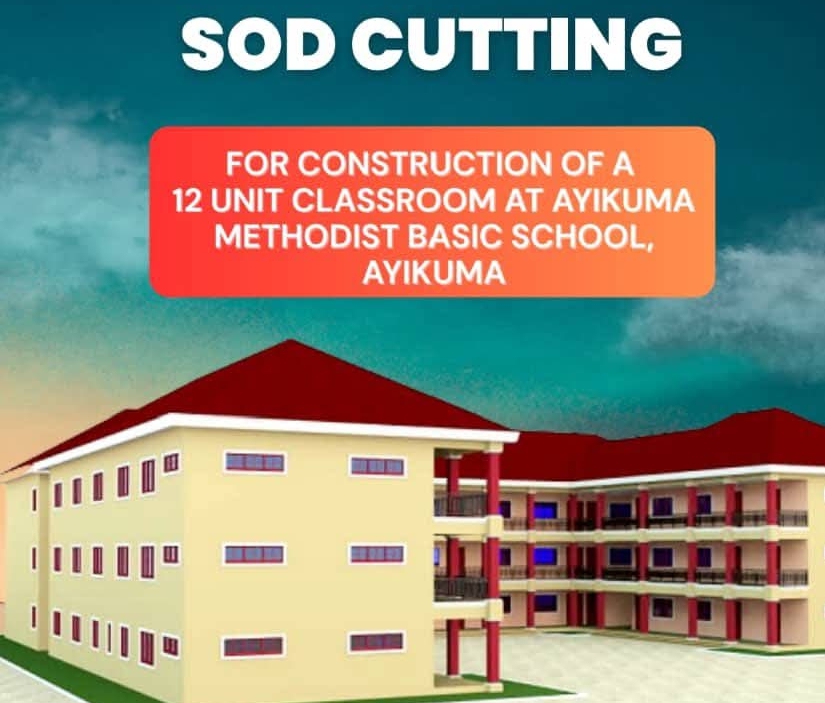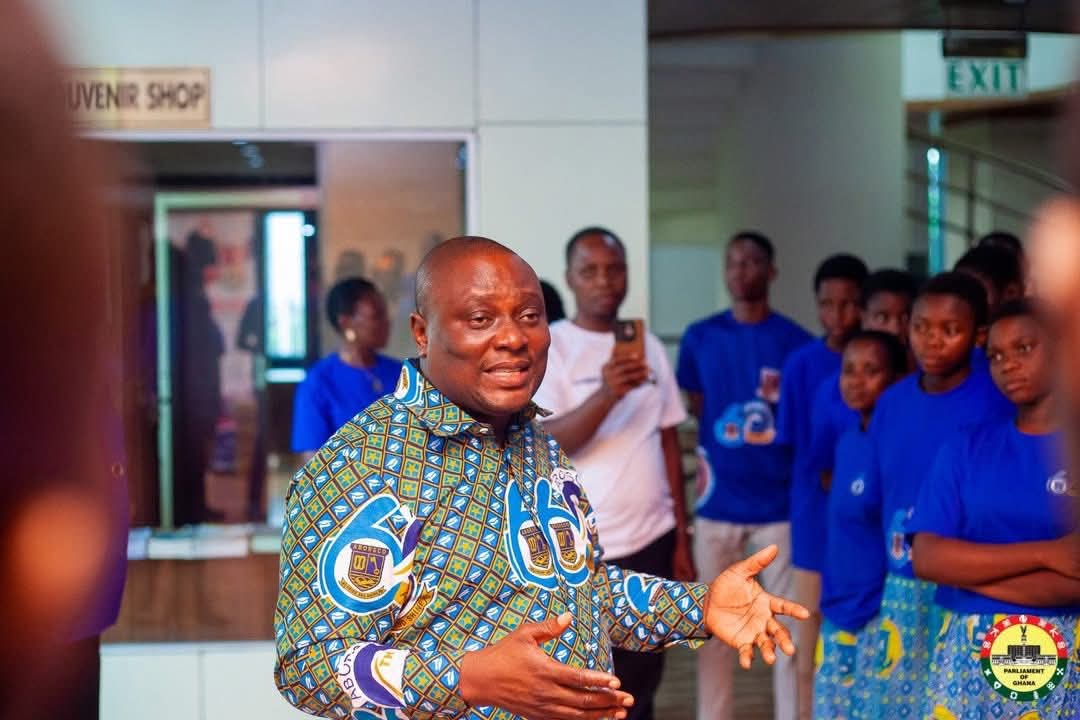African Leaders have extended an open invitation to the United States of America to partner with Africa on the future of digital and green trade, and to equally support Africa’s ability to trade competitively by investing in both infrastructure, trade, and finance.
According to them, Africa’s digital economy is expanding rapidly, and the transition to climate-smart growth is underway and by investing in digital infrastructure, supporting tech-entrepreneurship, and facilitating trade in clean technologies, the U.S. can help unlock a new wave of inclusive growth.
Delivering the Keynote Address at The African Leaders & Partners Forum, themed: “Africa & The U.S.: shaping a trade-driven future”, Dr. Johnson Pandit Asiama, the Governor said, “the Digital Transformation with Africa initiative, in particular, should align more closely with African regulatory priorities—especially in areas like cybersecurity, payments, and digital identity, where countries like Ghana are already leading”.
He called on the U.S. should support Africa’s ability to trade competitively by investing in both infrastructure and trade finance, submitting that, “through institutions like the U.S. International Development Finance Corporation and EXIM Bank, the U.S. can partner with African countries to strengthen ports, roads, and energy systems, while also helping scale trade finance hubs to support SMEs and emerging exporters”.
The Governor was it the view that “these efforts should reinforce Africa’s own integration agenda under the AfCFTA—because greater regional connectivity benefits not just Africa, but also those who trade with us”.
Putting the discussions into perspective by briefly sharing Ghana’s experience— a story of progress, but also one that highlights the work still ahead, Dr. Asiama stressed the fact that Ghana offers a powerful case study within this broader narrative- “Under AGOA, Ghana has emerged as a top beneficiary, exporting not only oil but also cocoa, textiles, and handicrafts to the U.S.”
He said, between 2019 and 2024, Ghana–U.S. trade averaged $2.5 billion annually, representing about 15% of Ghana’s total exports. “In 2024, bilateral trade reached $2.48 billion, with Ghana exporting $1.60 billion—primarily crude oil, cocoa, and timber—and importing $874 million, resulting in a trade surplus of over $730 million. But beyond the numbers, the stories behind this trade tell us why deepening this partnership”.
In his concluding message, Johnson Asiama asked for the re-shaping of a future where Africa and the U.S. are not just trading partners, but co-creators of prosperity. “Where American innovation meets African ingenuity. Where partnership is not extractive, but transformational. If Kosmos could help launch Ghana’s oil era, and Niche Cocoa could move from Accra to Wisconsin, imagine what the next chapter of U.S.–Africa trade could look like with the right policies in place
Africa’s voice must be confident, coordinated, and catalytic”.
Background:
Africa–U.S. trade relations have deep historical roots. The African Growth and Opportunity Act (AGOA), enacted in 2000, was a watershed trade moment, granting duty-free access to the U.S. market for eligible African countries and opening space for deeper trade cooperation. Yet over the past two decades, this relationship has remained narrow, centered on exports of raw materials, extractives, and some activity in the energy sector.
In 2024, for example, total U.S. goods trade with Africa reached $71.6 billion, with a $7.4 billion surplus in favor of the continent. But this trade remains highly concentrated: Nigeria’s $2.2 billion exports were heavy in oil at 65% and underscores the need for diversification; South Africa, despite diversification, recorded a deficit of $8.8 billion; Lesotho’s garment exports face a 50% tariff impact; and Côte d’Ivoire’s cocoa remains vulnerable to shifting terms. Given such trade performance the time has come to rebalance the US-Africa trade relationship, moving from transactional trade







































